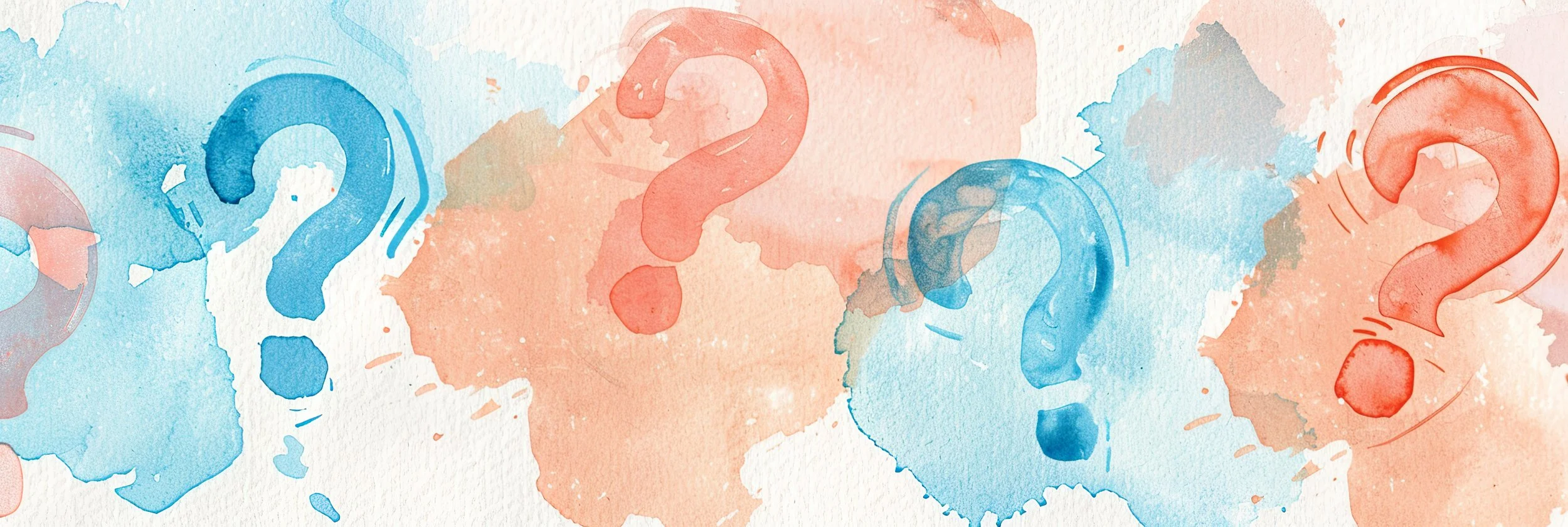
Frequently Asked Questions

1. What is homeopathy?
Homeopathy is a natural system of medicine developed over 200 years ago by Dr. Samuel Hahnemann. It works on the principle of “like cures like,” meaning a substance that can cause symptoms in a healthy person can help stimulate the body to heal similar symptoms when used in a specially prepared, gentle form.
2. How does homeopathy work?
Homeopathic remedies aim to activate the body’s own vital force—the natural energy that maintains health and balance. By gently stimulating this inner healing response, homeopathy supports the body in overcoming illness and restoring harmony.
3. Is homeopathy safe?
Yes. Homeopathic medicines are prepared in a highly diluted and regulated manner, making them non-toxic and safe for people of all ages, including children and the elderly. They can often be used alongside conventional medicine under professional guidance.
4. What conditions can homeopathy help with?
Homeopathy has been used to address a wide range of conditions—both acute (such as colds, flu, or minor injuries) and chronic (such as allergies, skin conditions, digestive issues, and stress-related complaints). Treatment is always individualized, focusing on the whole person, not just the disease.
5. What role does faith or God play in homeopathy?
Dr. Hahnemann believed that healing is part of the Creator’s design for humanity. Homeopathy works in harmony with the natural laws God has placed in creation. Many see the healing process as both physical and spiritual, acknowledging God as the ultimate source of life and health.
6. How do I begin homeopathic treatment?
The best way to begin is with a consultation with a qualified homeopath. During this session, the practitioner will take time to understand your symptoms, lifestyle, and overall well-being before recommending a personalized remedy.

